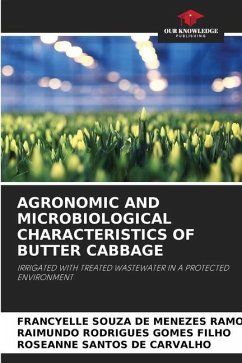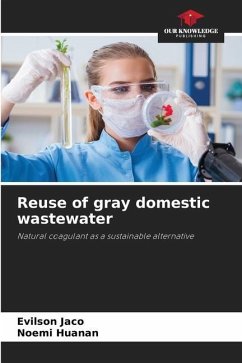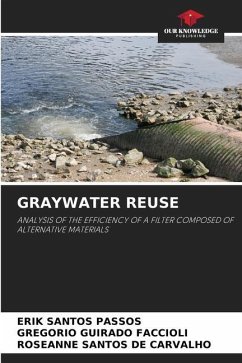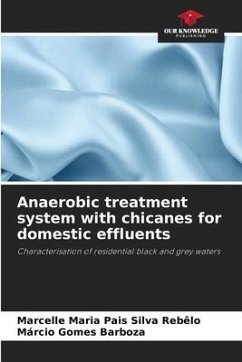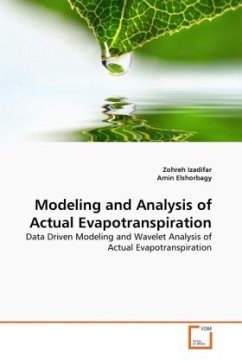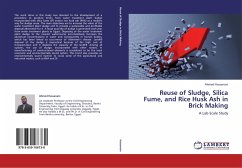
MICROBIOLOGICAL ANALYSIS OF CARROTS AND BEETS
IRRIGATED WITH TREATED DOMESTIC WASTEWATER
Versandkostenfrei!
Versandfertig in 6-10 Tagen
29,99 €
inkl. MwSt.

PAYBACK Punkte
15 °P sammeln!
The use of treated domestic wastewater for irrigation can become an alternative for regions facing water scarcity. The objective of this book was to analyze the influence of the use of treated domestic wastewater on the microbiological quality of carrots (Daucus carota) and beets (Beta vulgaris) irrigated with this water. The experiment was carried out in the greenhouse of the Department of Agronomic Engineering (DEA), located in the Federal University of Sergipe/São Cristóvão Campus. The wastewater was collected from the Rosa Elze Sewage Treatment Station (ETE), located in the municipality...
The use of treated domestic wastewater for irrigation can become an alternative for regions facing water scarcity. The objective of this book was to analyze the influence of the use of treated domestic wastewater on the microbiological quality of carrots (Daucus carota) and beets (Beta vulgaris) irrigated with this water. The experiment was carried out in the greenhouse of the Department of Agronomic Engineering (DEA), located in the Federal University of Sergipe/São Cristóvão Campus. The wastewater was collected from the Rosa Elze Sewage Treatment Station (ETE), located in the municipality of São Cristóvão/SE. The irrigations were made using four different dilutions. The results obtained in the microbiological quality analysis show that the beet and carrot irrigated with wastewater are in accordance with the standards established by current legislation (Salmonella sp. absence in 25 g and thermotolerant coliforms 3 MPN. g-1) and the enumeration of mesophiles and molds and yeastsdid not exceed 4.5x106, however, further studies are needed on the subject.



